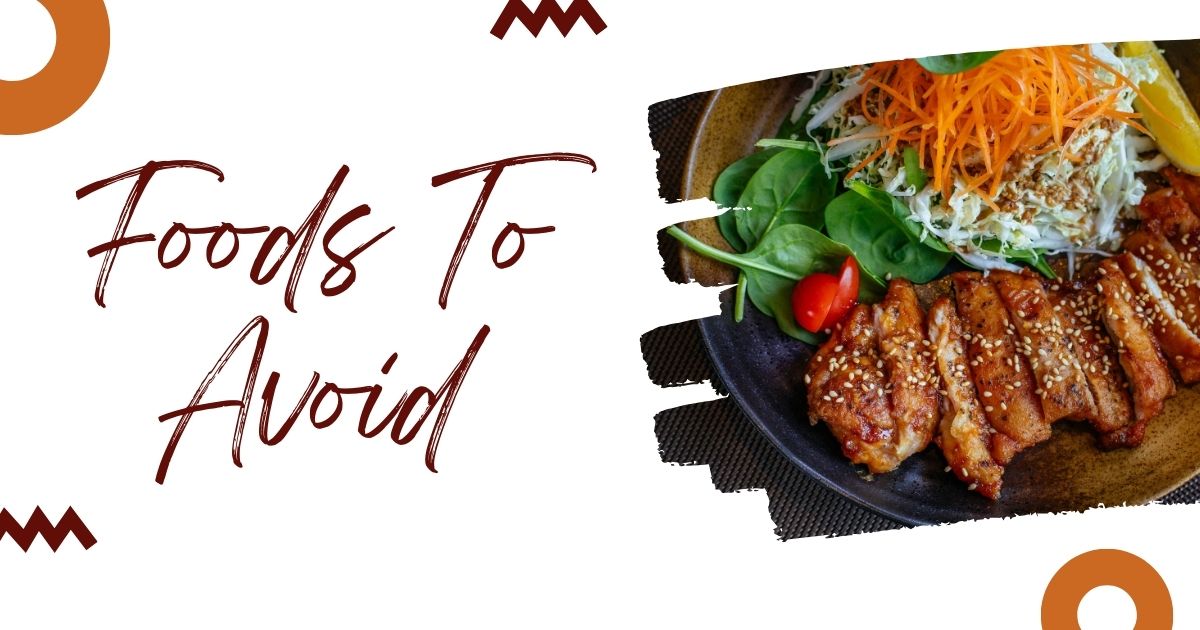Have you been feeling fatigued or experienced bone pain recently? Your alkaline phosphatase (ALP) levels could be elevated, signaling an underlying health condition. Alkaline phosphatase is an enzyme found in various tissues, including the liver, bones, and kidneys.
Its primary function is to help break down proteins and release certain nutrients, making it an important player in several metabolic processes.
While your doctor will prescribe appropriate treatment, adjusting your diet can also help manage high ALP levels. Let’s explore which foods to limit or avoid, and which ones to include for better overall health.
Understanding Alkaline Phosphatase and Its Causes
Alkaline phosphatase is a type of protein found in all body tissues, but it is particularly concentrated in the liver, bones, kidneys, and digestive system. It plays a crucial role in several biological processes, such as:
- Facilitating the breakdown and absorption of nutrients like calcium, phosphorus, and vitamin D.
- Supporting bone growth and development, especially in children and adolescents.
- Aiding in the transportation of molecules across cell membranes.
Elevated ALP levels can indicate various underlying health conditions, including:
- Liver Disease: Conditions like hepatitis, cirrhosis, or liver cancer can cause ALP levels to rise significantly.
- Bone Disorders: Diseases affecting bone metabolism, such as Paget’s disease, rickets, or osteomalacia, can increase ALP production.
- Pregnancy: During pregnancy, ALP levels naturally increase due to the placenta’s production of the enzyme.
- Certain Medications: Some drugs, like birth control pills and anti-seizure medications, can temporarily raise ALP levels.
It’s essential to monitor ALP levels through regular blood tests, especially if you have any risk factors or symptoms that may indicate an underlying condition.
Foods to Avoid When Alkaline Phosphatase Is High
Certain dietary choices can potentially exacerbate or contribute to elevated ALP levels. Here are some foods you may want to limit or avoid:
High-Fat Foods
Fatty foods, especially those high in saturated and trans fats, can strain the liver and potentially increase ALP levels. The liver has to work harder to metabolize these fats, which can lead to inflammation and damage. Examples of high-fat foods to avoid or limit include:
- Fried foods (French fries, fried chicken, doughnuts)
- Processed meats (bacon, sausages, salami)
- Full-fat dairy products (whole milk, butter, cheese)
- Fatty cuts of meat (ribeye steak, pork belly)
Alcohol and Sugary Beverages
Consuming excessive amounts of alcohol can directly damage the liver cells, leading to inflammation and elevated ALP levels. Additionally, sugary beverages like sodas and fruit juices have been linked to an increased risk of non-alcoholic fatty liver disease (NAFLD), which can also contribute to higher ALP levels.
Refined Carbohydrates and Processed Foods
Refined carbohydrates, such as those found in white bread, pastries, and sugary snacks, can promote inflammation in the body and potentially exacerbate liver problems. Processed foods often contain high levels of sodium, preservatives, and unhealthy fats, which can further strain the liver and contribute to elevated ALP levels.
High-Purine Foods
Purines are compounds found naturally in certain foods, and when metabolized, they can produce uric acid. Excessive uric acid levels have been associated with an increased risk of liver disease and elevated ALP levels. High-purine foods to limit or avoid include:
- Organ meats (liver, kidneys, sweetbreads)
- Anchovies and sardines
- Mushrooms
- Bacon and other cured meats
Foods to Include for Better Liver Health
While avoiding certain foods is important, it’s equally crucial to incorporate nutrient-dense options that support liver function and overall health. Here are some foods to prioritize:
Leafy Greens and Cruciferous Vegetables
Vegetables like spinach, kale, broccoli, and cauliflower are packed with essential vitamins, minerals, and antioxidants that can help protect the liver and promote overall well-being. These vegetables are rich in fiber, vitamin C, and compounds like sulforaphane, which have been shown to have liver-protective properties.
Berries and Citrus Fruits
Berries, such as blueberries, strawberries, and raspberries, are loaded with antioxidants like anthocyanins, which can help reduce inflammation and protect liver cells from damage. Citrus fruits like oranges, grapefruits, and lemons are excellent sources of vitamin C, which supports liver function and aids in detoxification processes.
Lean Proteins
Adequate protein intake is essential for tissue repair and overall health. Lean protein sources like chicken, fish, tofu, and legumes (beans, lentils) can provide the necessary building blocks for tissue regeneration while being easy on the liver to metabolize.
Read Post: The Unsung Hero: Exploring the Legacy and Impact of Bart Springtime
Additional Tips for Managing High Alkaline Phosphatase
In addition to dietary changes, here are some other tips that may help manage high ALP levels:
- Stay Hydrated: Drinking plenty of water can help flush out toxins and support liver function.
- Incorporate Low-Impact Exercise: Activities like walking, swimming, or yoga can promote healthy circulation and aid in weight management, which can indirectly benefit liver health.
- Reduce Stress: Chronic stress can contribute to inflammation and exacerbate liver problems. Practice relaxation techniques like deep breathing, meditation, or yoga to manage stress levels.
- Seek Medical Guidance: If you have an underlying condition contributing to elevated ALP levels, it’s crucial to follow your healthcare provider’s recommendations for appropriate treatment and monitoring.
“Let food be thy medicine and medicine be thy food.” – Hippocrates
This ancient quote from Hippocrates highlights the importance of nutrition in promoting overall well-being, including liver health.
Case Study: Dietary Interventions for High ALP Levels
A recent study published in the Journal of Hepatology examined the effects of dietary modifications on individuals with elevated ALP levels due to non-alcoholic fatty liver disease (NAFLD). The study involved 60 participants who were randomly assigned to either a control group or an intervention group.
The intervention group followed a diet that emphasized the consumption of:
- Leafy greens and cruciferous vegetables
- Berries and citrus fruits
- Lean proteins (fish, poultry, legumes)
- Whole grains
- Healthy fats (avocados, nuts, olive oil)
After 12 weeks, the intervention group showed a significant reduction in ALP levels compared to the control group. Furthermore, markers of liver inflammation and oxidative stress also improved in the intervention group.
This study highlights the potential benefits of adopting a liver-friendly diet in managing high ALP levels and supporting overall liver health.
Conclusion
Managing elevated alkaline phosphatase (ALP) levels often involves a multifaceted approach, including dietary modifications. By limiting or avoiding foods like high-fat options, alcohol, sugary beverages, refined carbohydrates, and high-purine foods, you can reduce the strain on your liver and promote better overall health.
At the same time, incorporating nutrient-dense foods like leafy greens, cruciferous vegetables, berries, citrus fruits, and lean proteins can provide essential vitamins, minerals, and antioxidants that support liver function and aid in tissue repair.
Making dietary changes gradually and consistently is key to achieving long-lasting results. Additionally, it’s always best to consult with a healthcare professional for personalized advice and guidance, especially if you have an underlying condition contributing to elevated ALP levels.
By following these dietary recommendations and adopting a liver-friendly lifestyle, you can take proactive steps towards managing high alkaline phosphatase levels and promoting overall well-being.











